Ethereum
What is EthereumFair?
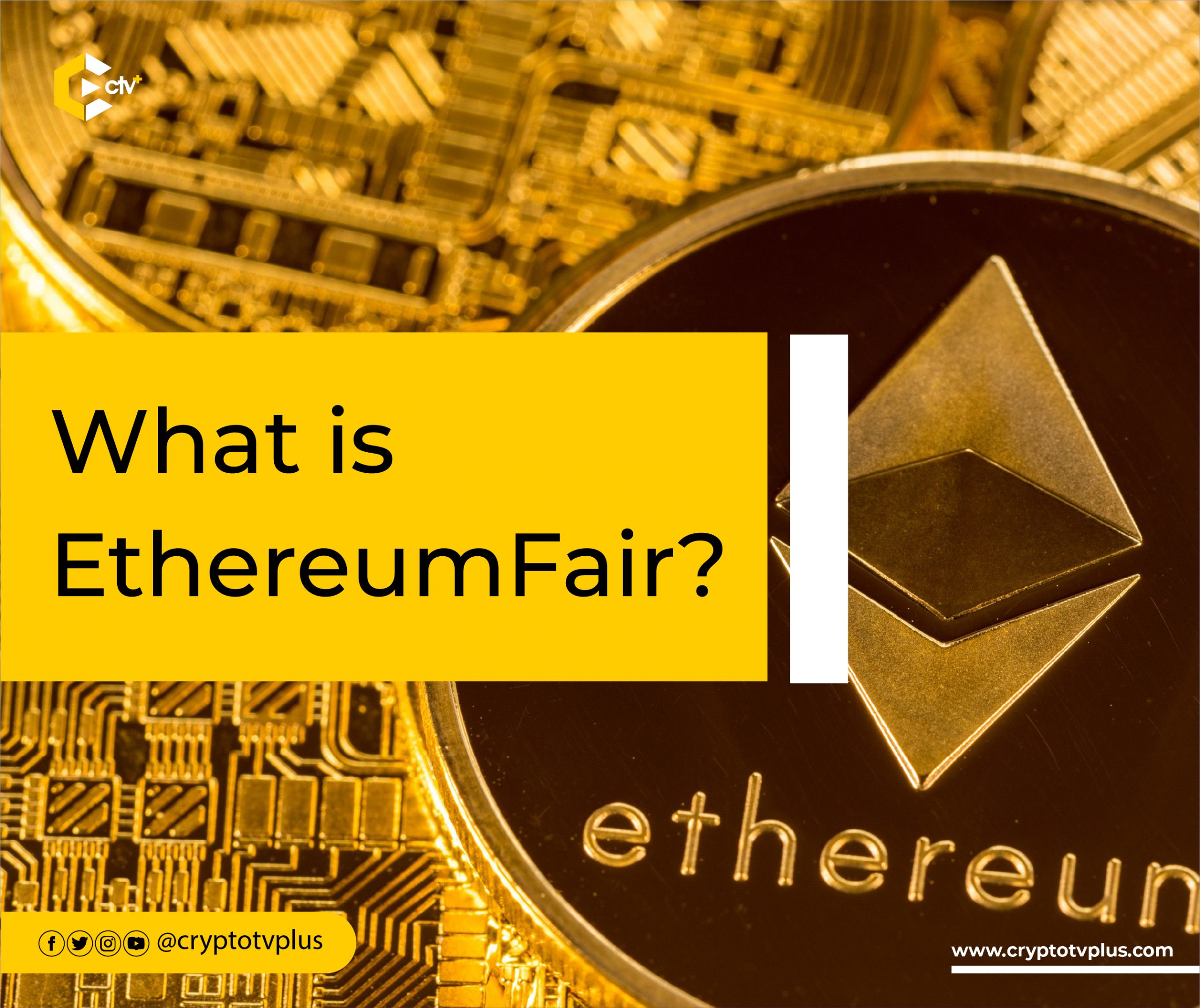
EthereumFair is the Ethereum forked Proof-of-Work mainnet and could be referred to as ETHF or ETF. It claims to keep the Ethereum original chain– PoW and supports the EVM (Ethereum Virtual Machine) applications. EthereumFair (ETHF) was launched in 2020 and gained attention after the Ethereum blockchain completed its merge from Proof-of-Work (PoW) to the Proof-of-Stake (PoS) consensus algorithm in September, 2022. After the merge, EthereumFair pushed to have an independent ecosystem where developers can build on its PoW blockchain.
EthereumFair (ETHF) is the native currency of the EthereumFair network. When the Ethereum merge was completed, ETHF got airdropped to users who had Ethereum (ETH) at the time of the snapshot. The airdrop was at ETHF 1: 1 Ethereum. The ETHF token is not an ERC-20 token, it is designed as a native token of a public chain, has the same supply as ETH, and has no contract address.
ETHF will serve as a utility coin on the EthereumFair ecosystem and will be used to support development programs and to build new solutions on the ETHF blockchain.
Some decentralized applications launched on the EthereumFair ecosystem, these applications include MemorySwap, a decentralized exchange, Alien exchange, MetaPath, a DEx aggregator, and Richmoon, a GameFi project on MemorySwap.
How to mine EthereumFair (ETHF)
- Independent node CPU mining. You can compile or download the ETHF code to generate the client program.
- Using a private pool GPU mining machine mining. You can choose to download and compile the code following your GPU mining machine type.
- Connect to commercial mining pool mining. You can use a commercial mining pool of choice.
EthereumFair miners receive ETHF for validating a block, and the chance of earning from running a node has been increased because the mining difficulty was reduced by ETHF developers.
ETHF can be stored in any wallet that supports custom RPC like the Metamask wallet, Bitkeep, OneKey, Tokenpocket, and MindTrust. Adding ETHF to a compatible wallet would require its mainnet info. The ETHF Mainnet Info is as follows:
Network Name: EthereumFair
RPC URL: https://rpc.etherfair.org
Chain ID: 513100
Currency Symbol: ETHF
ETHF Explorer: https://explorer.etherfair.org
ETHF can be traded on listed exchanges such as Gate.io, Huobi, Bitmart, and others listed on Coinmarketcap, ETHF is already trading on centralized exchanges and DEXes.
EthereumFair (ETHF) vs PoS Ethereum
The major difference between the EthereumFair network and the Ethereum PoS is that EthereumFair (ETHF) runs a Proof-of-Work algorithm while Ethereum (ETH) runs a Proof-of-Stake algorithm. Miners protect the EthereumFair network and run a node by connecting their mining devices to the network while the Ethereum network is protected by validators. To run a validator node in the Ethereum network, validators will have to stake 30+ ETH.
Recorded transaction speed for the EthereumFair network is 0.1 TPS (Transaction per second) with an average block time of 14 seconds while for PoS Ethereum it is 14 TPS (Transaction per second) with an average block time of 12 seconds.
Conclusion
EthereumFair (ETHF) just like other Ethereum forks; Ethereum Classic and EthereumPoW stick to running their network using the Proof-of-Work consensus algorithm. Bitcoin, however, has been on Proof-of-Work since its launch, unlike Ethereum which moved from Proof-of-Work to Proof-of-Stake. The crypto ecosystem is democratic; freedom of invention and freedom of investment. Both consensus mechanisms have their pros and cons, and players in the space choose which network to fund or build on.
Read also;
What do you think of this article? Share your comments below.





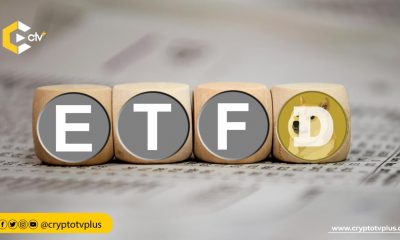

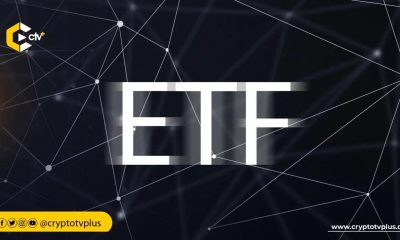

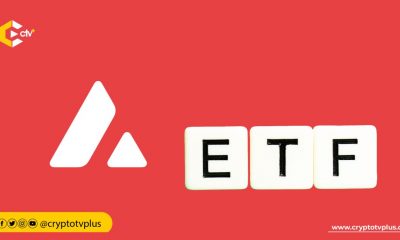

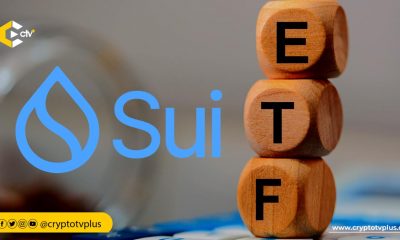













Pingback: What is EthereumFair? by Ifeoma Joy Okorie – CryptoTvplus Events: NFT, DeFi, Bitcoin, Ethereum, Altcoin Events
Pingback: ETH to dump below 1k? – Egrow Online
Pingback: ETH to dump below 1k? - THECRYPTO100.COM
Pingback: ETH to dump below 1k? - Altszn.com